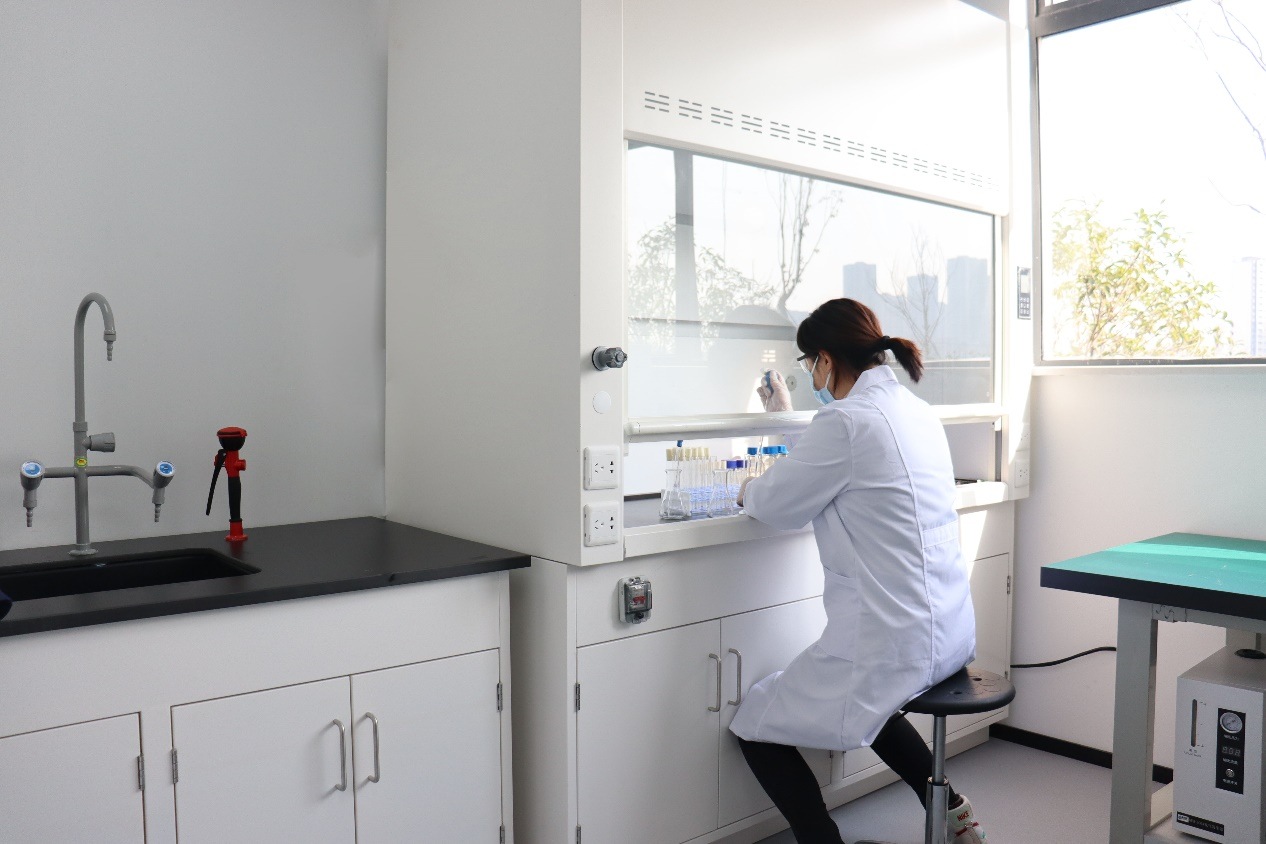- This topic is empty.
-
AuthorPosts
-
2024-12-10 at 4:54 pm #84567
In the medical field, balloon catheters have become an indispensable tool for a variety of minimally invasive procedures. These versatile devices are used for dilating vessels, opening blockages, delivering stents, and more . The design and material of these catheters are crucial for their performance and application, with different types catering to specific medical needs.

Compliant Medical Balloon
Compliant medical balloons, also known as elastomeric balloons, are typically made of polyurethane or silicone. They are characterized by their ability to stretch significantly, from 100% to 800%, and are inflated by volume rather than pressure. This feature makes them ideal for applications requiring the balloon to conform to or occlude the anatomy . Their compliance allows for a more adaptable fit within the vascular system, reducing the risk of vessel damage.
PTCA Balloons
Percutaneous Transluminal Coronary Angioplasty (PTCA) balloons are specifically designed for coronary interventions. These balloons are used to open clogged coronary arteries by compressing plaque against the vessel wall, thereby restoring blood flow. PTCA balloons come in a range of sizes, suitable for different vessel diameters, and are often used in conjunction with stent delivery .
PTA Balloon Catheter
Percutaneous Transluminal Angioplasty (PTA) balloon catheters are similar to PTCA balloons but are used for peripheral vessels rather than coronary arteries. They are designed to treat blockages in arteries throughout the body, such as those in the legs or arms. PTA balloons are often semi-compliant, allowing for mid-high pressures and more flexibility during delivery .
Full-Size Covered Medical Balloon
Full-size covered medical balloons, also known as stent-grafts, are used in cases where a vessel needs to be repaired or reinforced. These balloons are covered with a fabric that lines the inner wall of the vessel, providing support and preventing rupture. They are particularly useful in treating aneurysms or dissections where the vessel wall is weakened .
Semi-Compliant Balloons
Semi-compliant balloons, or mid-pressure balloons, are made from materials like Pebax or higher-durometer polyurethanes. They offer more compliance than noncompliant balloons while still providing the ability to exert mid-high pressures. This makes them suitable for applications where some degree of pressure is needed, but the balloon must also be flexible enough to navigate through the vasculature.

Applications and Performance Requirements
Balloon catheters are designed with specific applications in mind, and their performance characteristics are tailored to meet these needs. Key performance requirements include inflation/deflation times, trackability, and insertion profile. For instance, to minimize inflation and deflation times, the catheter is designed to maximize the cross-sectional area of the inflation lumen . Trackability is crucial for navigating through tortuous anatomy, and a smaller insertion profile expedites the patient's healing and recovery process.
Technological Advancements
Advancements in balloon catheter technology have led to thinner walls, higher strength, and smaller profiles, making them suitable for a broad range of minimally invasive procedures. High-pressure medical balloons, in particular, have seen significant improvements, enhancing their performance capabilities and broadening their use into new applications . These advancements have also allowed for the development of special types of balloon catheters, such as double wire balloons, cutting balloons, and drug-eluting balloons, each with unique functions that differ from conventional rapid exchange balloons.
The medical balloon catheter market has evolved significantly, with compliant medical balloons, PTCA balloons, PTA balloon catheters, full-size covered medical balloons, and semi-compliant balloons each playing a crucial role in modern medicine. As technology continues to advance, the capabilities and applications of these devices will undoubtedly expand, offering patients more effective and less invasive treatment options.
http://www.smartballoon.net
SmartBalloon Medical Technology -
AuthorPosts
- You must be logged in to reply to this topic.